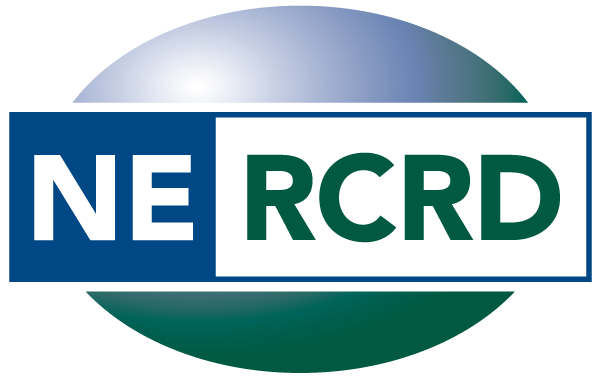Testing biasedness of self-reported microbusiness innovation in the annual business survey
This study tests for potential bias in self-reported innovation due to the inclusion of a research and development (R&D) module that only microbusinesses (less than 10 employees) receive in the Annual Business Survey (ABS). Previous research found that respondents to combined innovation/R&D surveys reported innovation at lower rates than respondents to innovation-only surveys. A regression discontinuity design is used to test whether microbusinesses, which constitute a significant portion of U.S. firms with employees, are less likely to report innovation compared to other small businesses. In the vicinity of the 10-employee threshold, the study does not detect statistically significant biases for new-to-market and new-to-business product innovation. Statistical power analysis confirms the nonexistence of biases with a high power. Comparing the survey design of ABS to earlier combined innovation/R&D surveys provides valuable insights for the proposed integration of multiple Federal surveys into a single enterprise platform survey. The findings also have important implications for the accuracy and reliability of innovation data used as an input to policymaking and business development strategies in the United States.
Authors: Luyi Han, Zheng Tian, Timothy R. Wojan, and Stephan J. Goetz
Publication: Plos ONE Date Published: January 12, 2024
